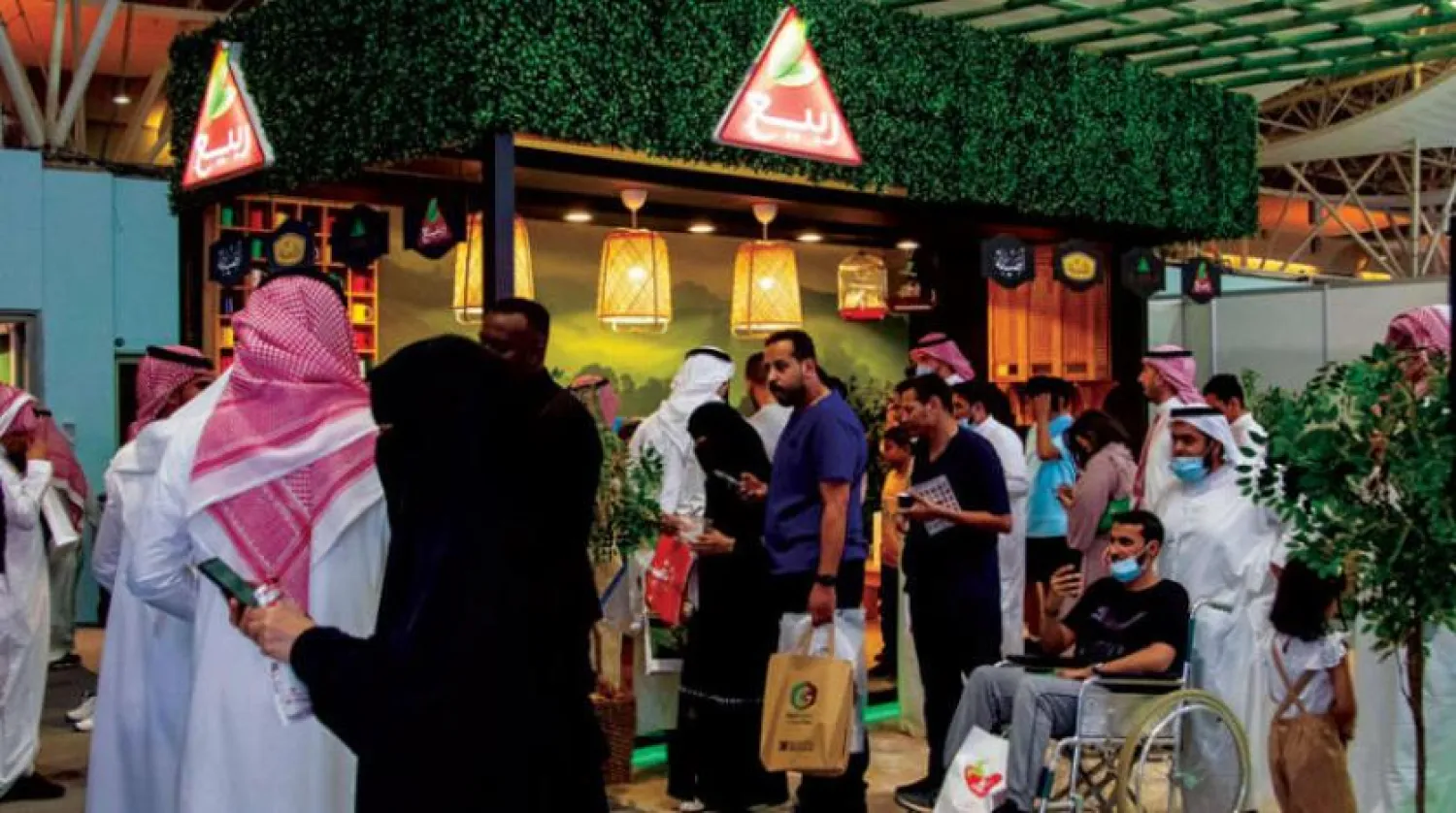Tea is one of the most consumed drinks globally after water, and it is one of the essential traditional drinks in many countries, including Saudi Arabia.
Saudis consider tea a part of their long-standing heritage after it was introduced into the Kingdom nearly a hundred years ago.
Alongside Saudi coffee, tea is a staple at all social occasions.
Saudis’ love for tea was reflected in the tremendous public turnout at the International Tea Colors, which coincides with International Tea Day.
The event was the first hosted by Saudi Arabia that celebrated tea and its baked goods.
The organizers were keen to ensure there were adequate spaces within the halls of the Riyadh International Fair to display the brands and tea products to the public.
Several events will be held on the sidelines of the exhibition, including a tasting and evaluation platform competing for the best dish of sweet and savory snacks accompanying tea.
Shivanka, a Sri Lankan who is an avid tea drinker, specializes in experimenting with tea crops of all kinds and determining their quality.
He said he has been working in this profession for nearly 20 years.
He drinks about 800 cups of tea a day to get used to its taste and distinguish between the different types to determine the best quality.
Shivanka has been working in Saudi Arabia with a company specializing in tea for nearly 15 years. He indicated that Saudis have a distinct palate in tea, so he works hard to ensure that his evaluation is accurate to provide the best possible quality.
Hamad al-Enzi stated that he has enjoyed drinking tea daily for nearly 30 years.
Enzi, touring the exhibition, said that he drinks tea daily and wanted to attend the show and learn more about tea and its types and production details.
He also wanted to learn about the different companies in Saudi Arabia that produce tea.
According to World Bank, Saudis consume eight billion cups of tea annually, and the per capita consumption of tea in the Kingdom in 2020 ranked first in the Arab world with 1.2 kilograms, exceeding consumption per capita globally by 0.2 kilograms.









